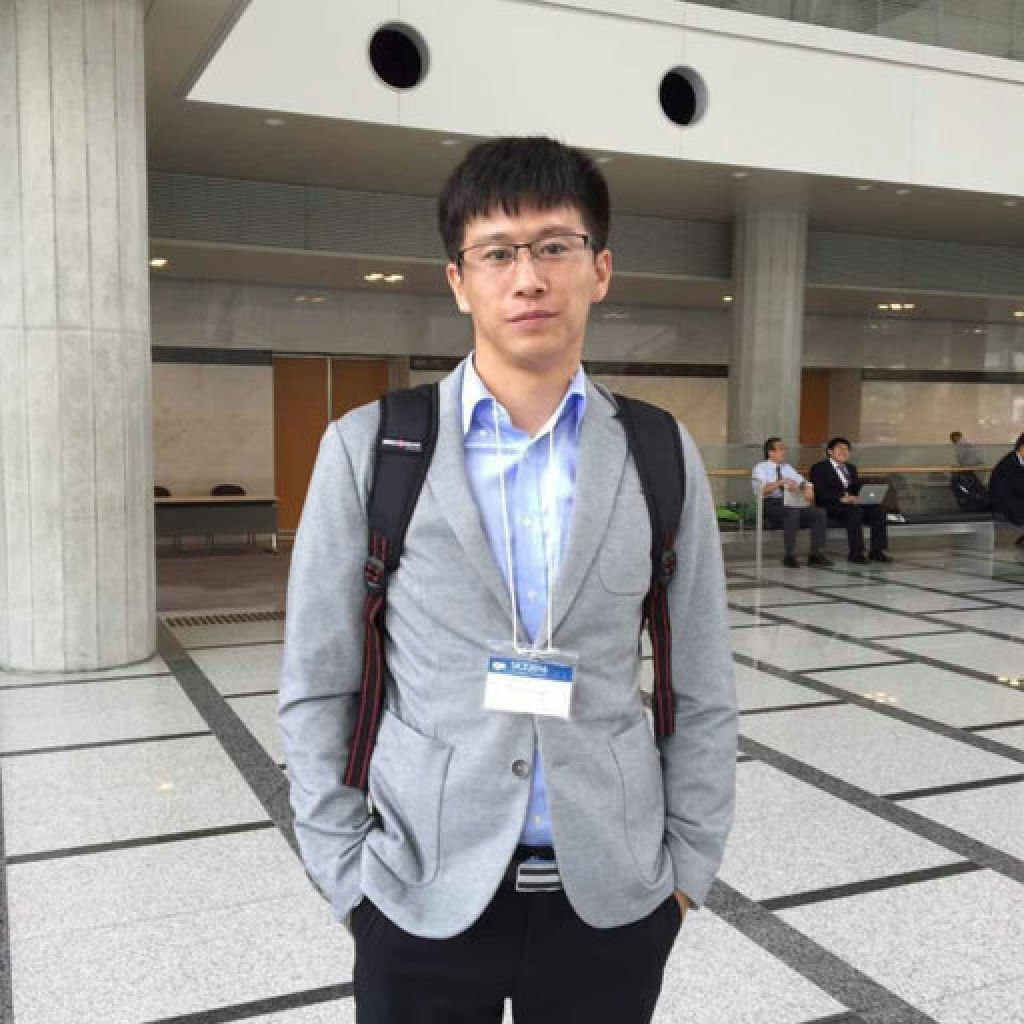An electric vehicle control systems researcher, Xu Fuguo, has left a high-profile 4.5 billion yen (US$30 million) Japanese government-funded project and joined Dalian University of Technology in northeastern China amid intensifying global competition in the EV sector.
Xu, whose decade-long career in Japan included pioneering research for Toyota and leadership roles in landmark automotive projects, aims to bolster China’s technological edge as the country dominates the world’s largest EV market.
While the circumstances around his departure are not known, he returned to China this month as a professor in the mechanical engineering school at the university in Dalian, a modern port city in Liaoning province.
Do you have questions about the biggest topics and trends from around the world? Get the answers with SCMP Knowledge, our new platform of curated content with explainers, FAQs, analyses and infographics brought to you by our award-winning team.
He arrives amid a shifting landscape in which Japan’s once-unrivalled auto industry struggles to keep pace with Chinese innovation and market momentum.

Xu’s research has mainly focused on control engineering including: control of the new energy vehicle power-train, the main components that propel the vehicle forward; intelligent networked vehicles and their autonomous driving decision and control; grid electric vehicle charging control; and control theories.
Xu received his bachelor’s and master’s degrees from the department of automation at Yanshan University, a provincial public university in Hebei, in 2012 and 2016 respectively before undertaking doctoral studies at Sophia University in Japan. He graduated in 2019 and spent a further two years at the institution to conduct postdoctoral training in the department of engineering and applied sciences.
He started his faculty career as a research assistant professor at the Advanced Research Laboratories at Tokyo City University between 2021 and 2023, before moving to another Japanese institution, Chiba University, as associate professor in the graduate school of engineering, where he stayed until his return to China.
In Japan, a country known for its global dominance of the automotive industry, Xu has led many research projects commissioned by Japanese carmakers.
Between 2016 and 2021, he was in charge of two sub-projects researching optimal control of intelligent hybrid electric vehicles and optimal charging control of large electric vehicles for Toyota Motor Corporation as part of a major project to develop next-generation engine control technology.
Most recently, he also took a leading role in a major government project to improve the efficiency of synthetic fuel use in passenger cars and commercial vehicles initiated by the New Energy and Industrial Technology Development Organisation (NEDO) in Japan. The project involved 31 Japanese universities – including the University of Tokyo, Kyoto University – and 75 automotive companies.
According to Dalian University of Technology, the 4.5 billion yen project was to span 2022-27, but when the South China Morning Post revisited its website on Wednesday, the grant amount had been moved and the time frame changed to 2022-25. The Post sought to clarify with the university but it declined to comment.
Xu has published more than 40 papers in journals in his field, including Automatica, IEEE Transactions on Intelligent Transportation Systems and IEEE Transactions on Vehicular Technology.
As the transition to EVs accelerates, Japan’s carmakers, once considered pioneers in efficiency and reliability, face an uphill battle against Chinese manufacturers, from technological expertise to market share, which is particularly pronounced in China – the world’s largest market.
“Japan’s car industry was once a global leader but new technology and geopolitical instability have weakened its competitive advantage,” the Japan Automobile Manufacturers Association (JAMA) said in a statement in January.
More from South China Morning Post:
- US robotics firms push for national strategy to compete with China
- Japan braces for blow from Trump’s car tariffs as Ishiba weighs countermeasures
- BYD beats Tesla again as sales top US$100 billion on surging EV deliveries
- Chinese EV maker Xiaomi raises US$5.5 billion from share sale to accelerate expansion
- China is building new ships at record pace to turbocharge its car exports
For the latest news from the South China Morning Post download our mobile app. Copyright 2025.





